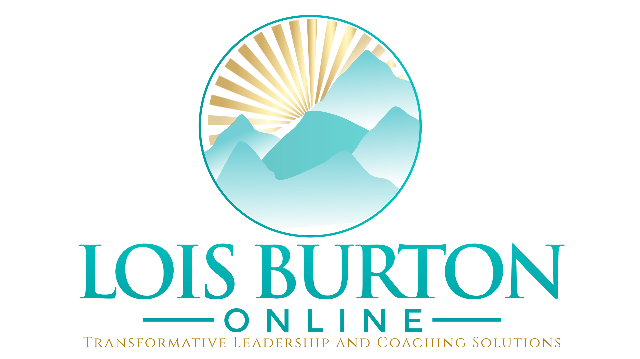Creating Confident Leaders - Leadership Isolation
Oct 31, 2025
Leadership Isolation: Why Asking for Help Is Your Greatest Strength
The paradox of leadership is both fascinating and troubling: as leaders climb higher in their organizations, they often become more isolated exactly when they need more support.
Over many years of being a Leadership Coach I have identified a recurring pattern: many leaders believe that authority means having all the answers. This "leadership trap" creates a dangerous illusion that asking for help signals weakness rather than wisdom. I would like to share a story of a CEO who lost a major contract because he operated in a bubble, avoiding questions that might make him appear vulnerable. The irony, as he later realized, wasn't that asking questions would make him look weak—it was that not asking questions made him irrelevant.
Recognizing when you need help is the first critical step. There are Lois five warning signs: facing the same challenges repeatedly (indicating a lack of perspective), experiencing overwhelming decision-making processes, noticing your team mirroring your stress, realizing you've stopped learning, and finding your vision has become clouded. These indicators aren't signs of inadequacy but rather signals that external perspective could provide valuable clarity and direction.

The next challenge is knowing what kind of help to seek. Support into strategic help (from mentors or board members who can identify blind spots), operational help (from team members or specialists who can handle execution), developmental help (from coaches who build capacity and emotional intelligence), and personal help (from family or counselors addressing holistic wellbeing). Each type serves a distinct purpose in a leader's journey, and matching the right type to your specific need is crucial for effectiveness.
Equally important is how leaders ask for help. I recommends being specific about what you need rather than making general requests. Strategic selection of helpers, creating psychological safety for honest feedback, receiving help gracefully without defensiveness, and following up with people who provide input all contribute to building a culture where support can flourish. These practices don't just solve immediate problems—they create ongoing relationships that sustain leadership effectiveness.
The most proactive approach is building a "leadership ecosystem" before you're in crisis. This network includes mentors who've walked similar paths, peers facing comparable challenges, team members providing ground-level insights, coaches developing capabilities, industry experts offering specialized knowledge, and personal supporters maintaining wellbeing. The key insight is that these relationships require consistent investment; they cannot be established only when urgently needed.
As we face increasingly complex challenges and accelerating change, no leader—regardless of talent—can navigate the future alone. The most effective leaders understand that leadership isn't about being the smartest person in the room but rather about bringing out the best in everyone present, including themselves. Sometimes that means recognizing the value others bring and having the wisdom to incorporate their perspectives. The future belongs to leaders who can build, maintain, and leverage networks of support while collaborating effectively with others.
In a world that often celebrates self-sufficiency and individual achievement, asking for help isn't about inadequacy—it's about optimization. It's about recognizing that leadership effectiveness comes not from having all the answers but from knowing how to find them. This perspective shift could be the difference between a leader who struggles in isolation and one who thrives with the support of a carefully cultivated ecosystem.
Stay connected with news and updates!
Join our mailing list to receive the latest news and updates from our team.
Don't worry, your information will not be shared.
We hate SPAM. We will never sell your information, for any reason.

